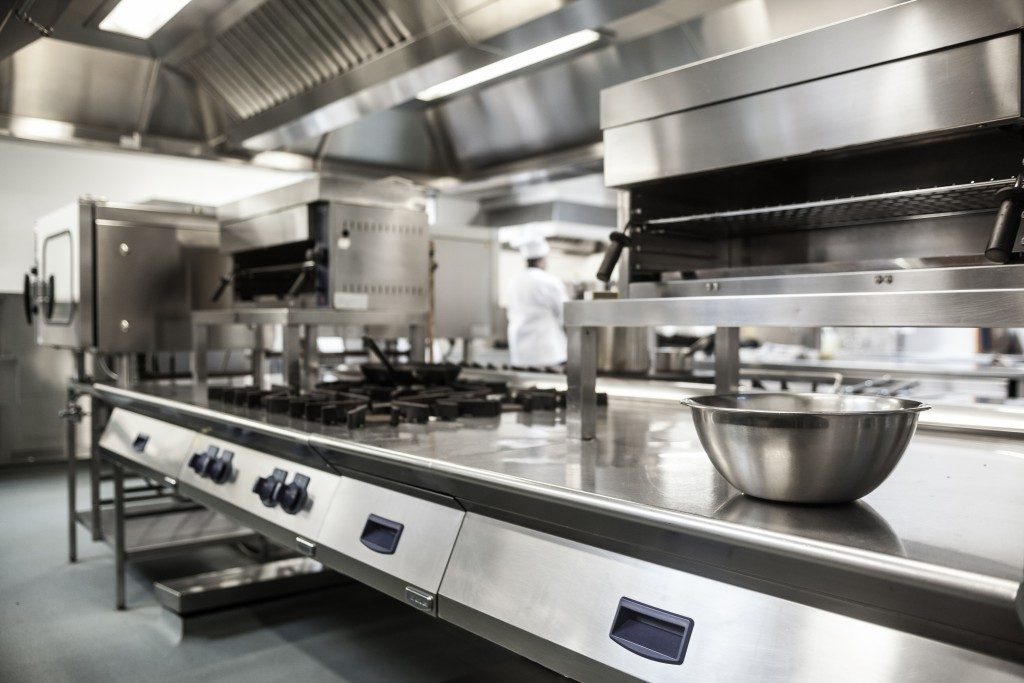As with any business within the hotel industry, hygiene, fire safety, and the workers’ health are all of great importance. Good thing, that there are several methods that hotel and restaurant managers can implement within their premises to ensure suitability and safety — not only to workers but also to clients. To the clients visiting the restaurant every day, safety and hygiene remain to be their highest priority.
Fire safety
There are several safe methods to follow to reduce the risk of fires around a restaurant. An example includes kitchen extract duct cleaning. It is aimed at removing possibly accumulated dust and grease, which (when accumulated) increase the chances of fire around a restaurant kitchen.
It may also be crucial to consider the installation of fire dampers. They are passive fire protection barriers that prevent the spread of fire from one section of a building to another, especially through the ducts. Restaurant kitchens with already installed fire dampers may require regular testing to confirm that the fire dampers are functional.
Other ways of facilitating fire safety around the kitchen may involve the installation of firefighting equipment. Equipment such as fire extinguishers ought to be placed in easily accessible areas around the kitchen. Fire blankets also come in handy when fighting a fire, especially in a kitchen setting.
An important aspect of fire safety that many managers forget is employee training. It would be counter-productive to avail all the necessary pieces of fire safety equipment, but fail to train the workers on how to use them.
Hygiene
Hygiene remains to be a sensitive issue, especially for businesses in the hotel industry. The lack of attention to detail has resulted in the downfall of once reputable hotels and restaurants. Clients going to enjoy a meal in a hotel are always conscious of possible indicators of hygiene. As such, managers are expected to be alert to all aspects of hygiene.
Usually, cleanliness begins in the kitchen where the meals are prepared. A kitchen supervisor should ensure the regular cleaning of kitchen surfaces. Cleaning may be done up to several times a day if necessary.
Regular cleaning prevents the development of greasy surfaces and air ducts. Greasy surfaces threaten workers’ safety as they may slip suffering injuries.
Indoor air quality

This contributes to the health and safety of a restaurant’s workers. Hotel managers need to contract the services of air quality testers regularly to determine the safety of the air, especially around the kitchen area. The quality of air inside the kitchen not only determines the health and safety of the workers but also determines the kitchen’s susceptibility to fires.
Based on the results of the tests, recommendations may be made to improve the ventilation around the restaurant. Following the unfortunate event of a fire, it is mandatory to conduct an indoor air quality test. The aim is to certify whether the air is safe for breathing or if additional precautions may need to be taken.
Hotel managers and supervisors are responsible for maintaining a hotel business premise in its desired state. That is in addition to facilitating the safety and wellbeing of all workers and customers present in a restaurant at all times.

